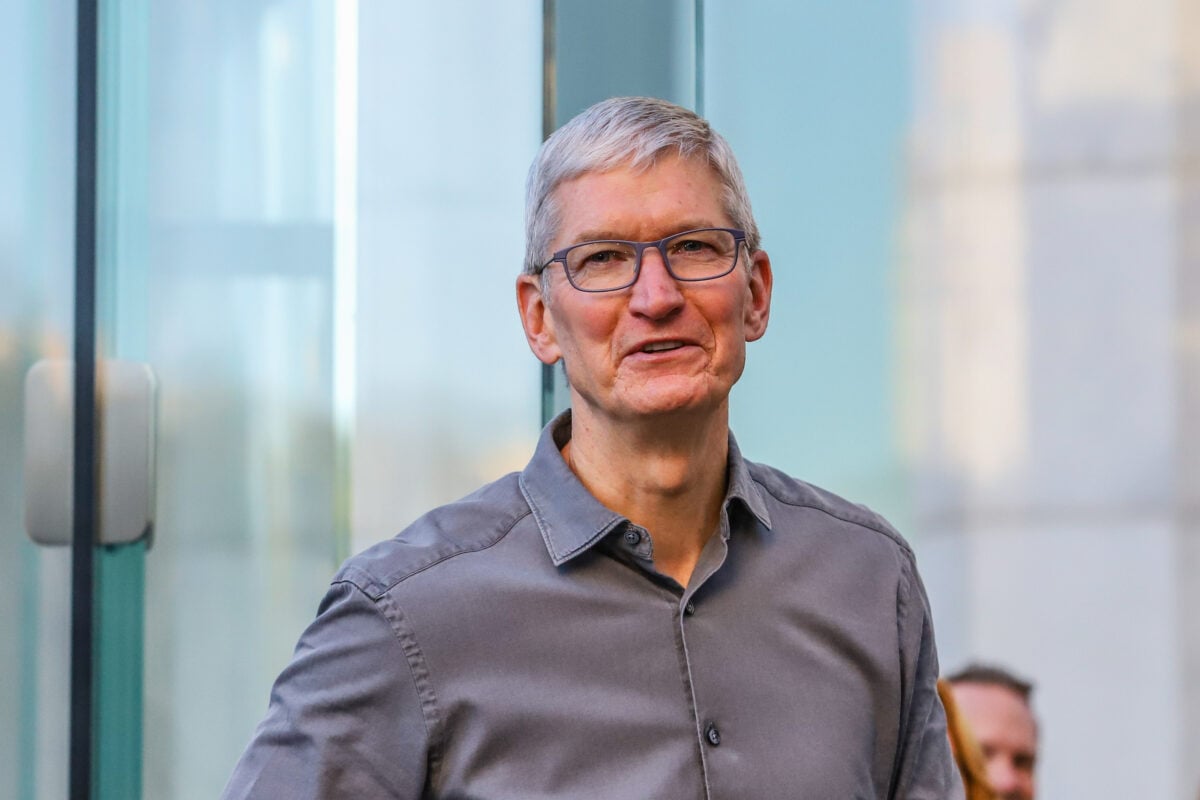TLDRs;
- Two neuroscientists sued Apple, claiming its AI model used pirated copies of their books for training.
- The case raises new questions about how AI firms source copyrighted data and filter out pirated material.
- Apple joins other tech giants like Meta and OpenAI in facing lawsuits over unauthorized AI training content.
- The case could accelerate the push for provenance-verified datasets and stricter AI data compliance standards.
Apple has become the latest tech giant to face a copyright lawsuit over the use of copyrighted material in artificial intelligence training.
Two neuroscientists, Susana Martinez-Conde and Stephen Macknik, have sued the company in California, alleging that Apple’s new “Apple Intelligence” model was trained using pirated versions of their books.
The plaintiffs, both professors at SUNY Downstate Health Sciences University, filed a proposed class-action suit on October 9, claiming Apple accessed unauthorized digital copies of their works “Champions of Illusion” and “Sleights of Mind” through so-called “shadow libraries.” These online repositories, often criticized for hosting pirated academic and literary works, have become a contentious source of data for AI developers.
The lawsuit seeks monetary damages and a court order barring Apple from using copyrighted material in future AI training.
Shadow Libraries Under Renewed Scrutiny
The case highlights a growing concern among authors and academics about the unregulated data collection practices fueling modern AI systems. “Shadow libraries” such as Z-Library and LibGen have long operated in legal gray zones, and allegations that major corporations might have indirectly sourced data from them could have sweeping implications.
Apple, which introduced its Apple Intelligence features for iPhones and iPads earlier this year, claims its AI systems are trained using a combination of licensed data, publicly available web content, and user interactions, with strict opt-out provisions via AppleBot. However, the lawsuit questions whether Apple adequately filtered out pirated or unauthorized texts from its datasets.
A recent report from the U.S. Copyright Office warned that using pirated material could undermine a company’s fair use defense. The Office also emphasized that AI outputs substantially similar to copyrighted inputs could constitute infringement.
Billions at Stake Amid Rising AI Liability
The complaint comes at a time when Apple is pushing deeper into AI, positioning Apple Intelligence as a privacy-focused alternative to rivals like ChatGPT and Gemini. Yet, the lawsuit could expose the company to significant financial and reputational risk.
Legal analysts note that Apple’s market capitalization rose by over $200 billion following the unveiling of its AI platform. If plaintiffs can prove that the system benefited commercially from copyrighted material, the damages could multiply under U.S. copyright law.
Apple is not alone in facing such scrutiny. Meta, Microsoft, OpenAI, and Anthropic have all been sued for similar reasons. These cases collectively test whether transparency standards in AI development are keeping pace with trillion-token training models and opaque dataset sourcing practices.
Demand Grows for Verified AI Data Sources
The growing wave of lawsuits has accelerated a new demand for provenance-verified datasets, collections that clearly document the origins and licensing of training material. Companies like 273 Ventures and Common Corpus have already begun building legally compliant data repositories, using only owned, licensed, or public domain text.
Meanwhile, compliance startups such as Fairly Trained are developing tools to certify whether AI models were trained on legitimate content. Legal experts predict that venture capital will increasingly flow toward firms offering data curation and verification services, as regulators and courts tighten standards.
This lawsuit against Apple could become a turning point for the entire AI industry, signaling that transparency and lawful data sourcing are no longer optional, but fundamental to sustainable innovation.






